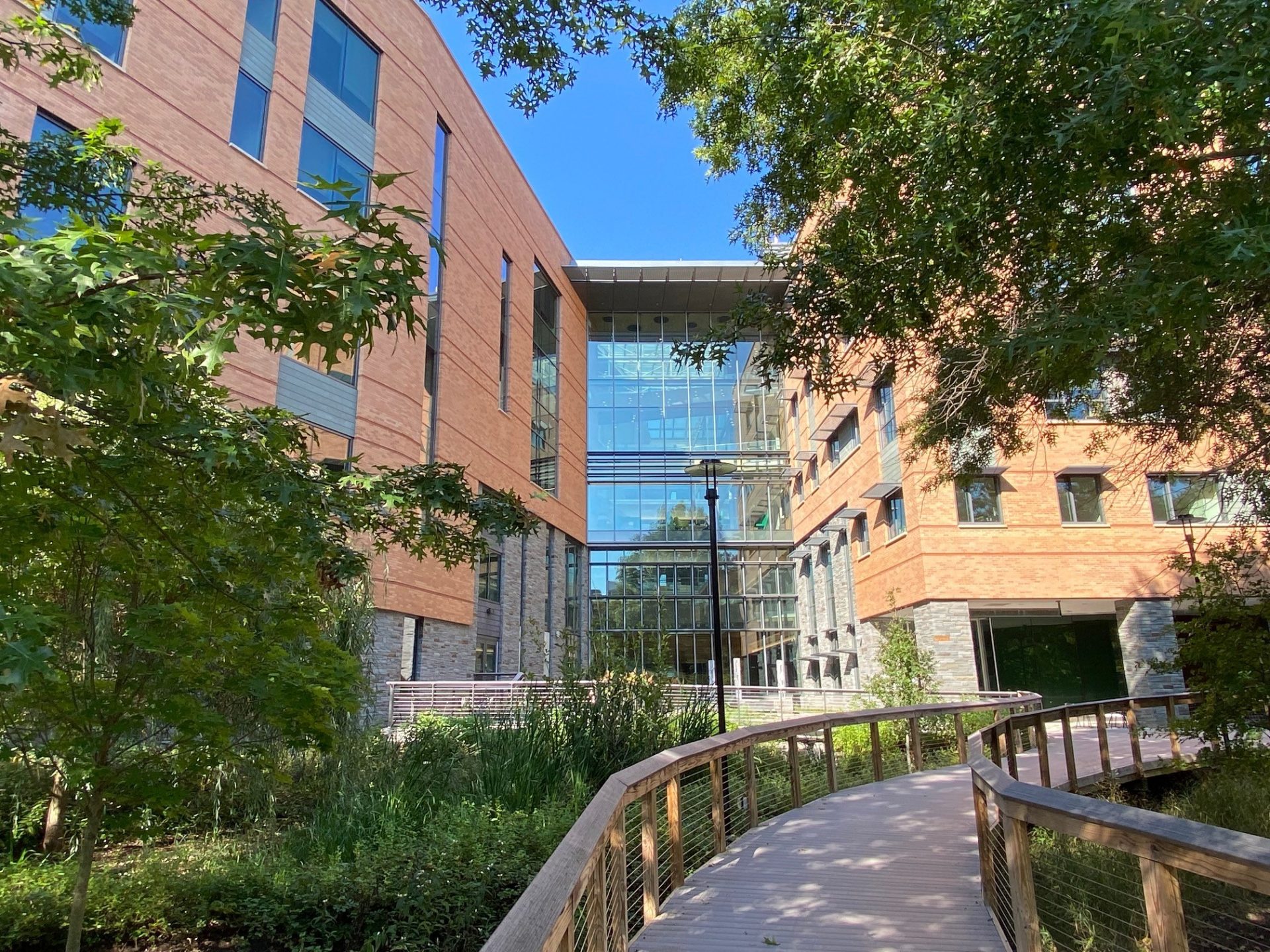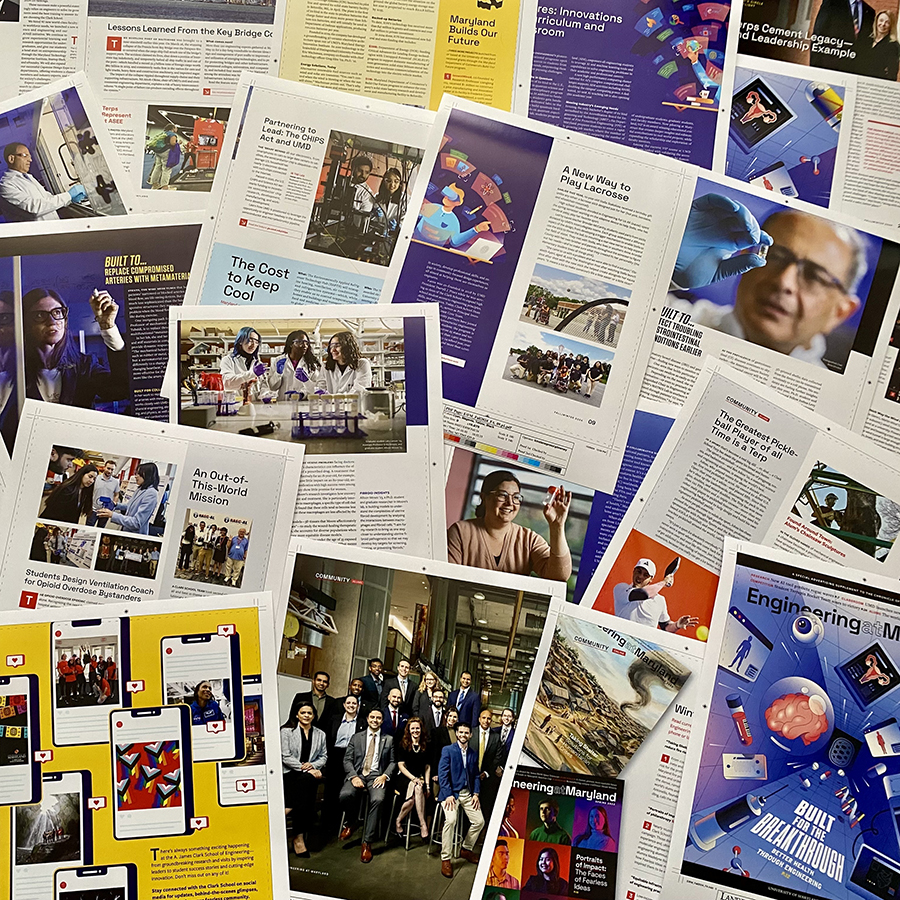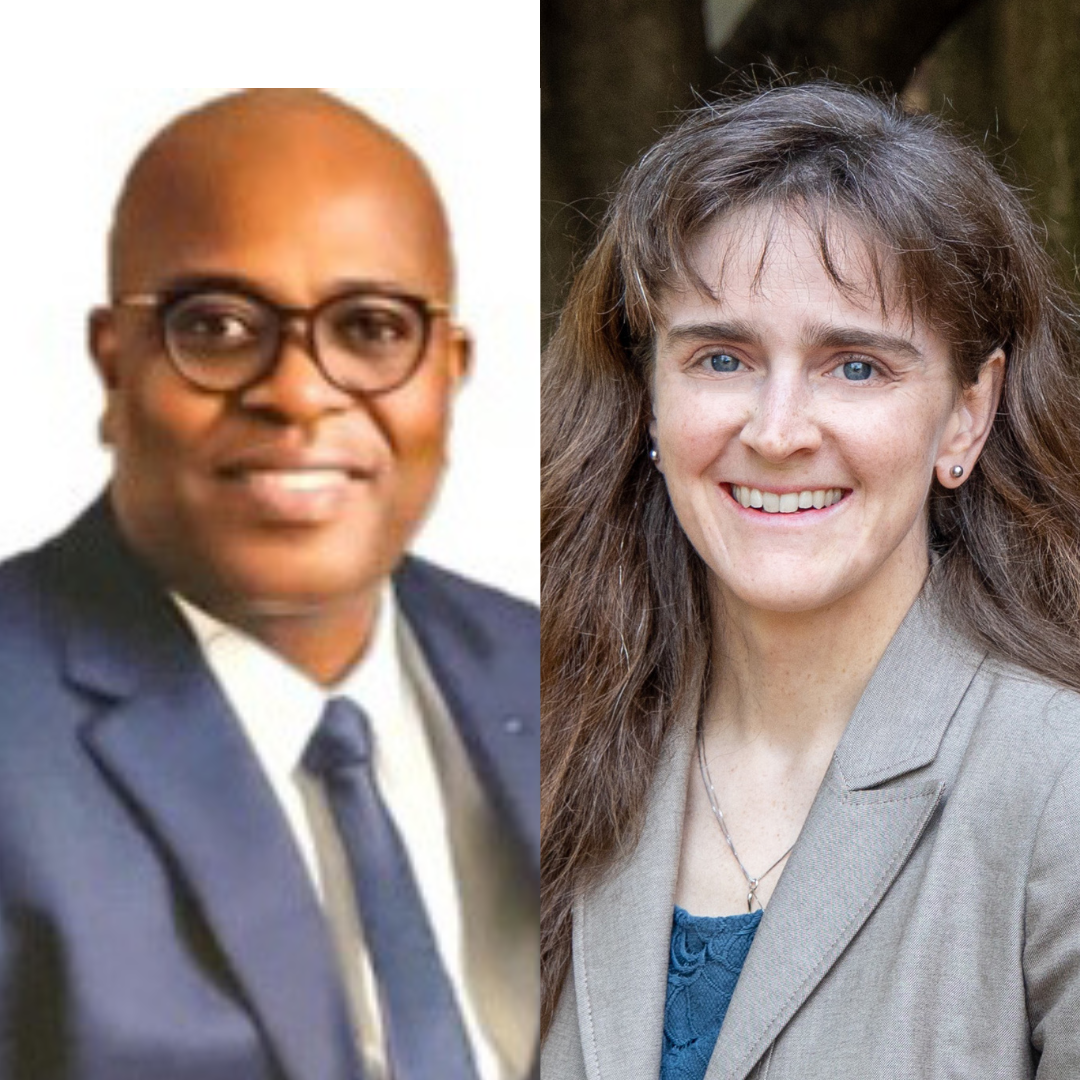News Story
$1.9M NSF Grant Enables Study of Biomolecular Structures
Department of Chemical and Biomolecular Engineering assistant professor Ganesh Sriram is a co-PI on a project that has received a $1.9 million grant from the National Science Foundation to acquire a superconducting 800 MHz Nuclear Magnetic Resonance (NMR) spectrometer that will help scientists and engineers solve complex problems in biology and medicine. The instrument will be the highest field NMR spectrometer located on the College Park campus and will enable scientists to investigate the three-dimensional structure of biological molecules and study their interactions with a degree of resolution and sensitivity not previously possible.
Sriram's collaborators on the project include its PI, Associate Professor Kwaku Dayie, and co-PIs Professor David Fushman and Assistant Professor Vitali Tugarinov, all from the Department of Chemistry and Biochemistry.
"The new, higher resolution instrument will enable us to measure isotopes more accurately, and thereby accelerate our understanding of metabolic pathways," explains Sriram. "In my research group, we use NMR technology to quantify metabolic pathways in plants or other organisms that might be used to produce biofuels or pharmaceuticals."
Sriram expects the NMR spectrometer to be used in several of his ongoing research projects, including one that seeks to optimize the growth cycle of poplar trees in order to turn them into a plentiful and renewable crop used for the production of ethanol.
The new spectrometer will strengthen 15 research programs working in several departments throughout the university, as well as in the new Institute for Bioscience and Biotechnology Research (IBBR), where a number of Clark School faculty hold joint and affiliate appointments.
For More Information:
Visit Professor Sriram's web site »
Published August 30, 2010










